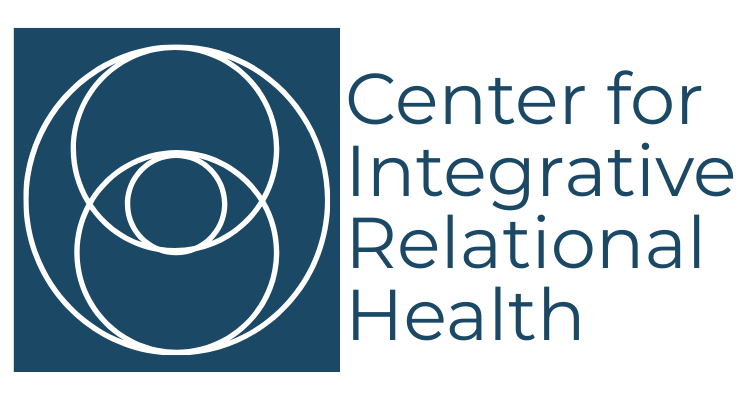Working Within and Beyond Our Current Systems
Shifting Beyond Individual-Centered Approaches
When we can make transformative change within ourselves, our communities, and our systems for care and cultural support, we are making care. Toward our collective care, we must first recognize how our language and thinking has been impacted by individualistic frameworks. Too often, we may have been influenced by dominant cultural patterns that prioritize individual intervention over community support, prescriptive solutions over relational presence, and quick fixes over transformation.
We must create spaces where we can experience different ways of practicing care —where we can feel the difference between transactional service delivery and authentic community relationship, between applying interventions and creating conditions for collective healing. We must develop new languages and frameworks that help capture the complexity of human experience without reducing it to individual deficits or isolated problems.
This means finding ways to discuss community patterns, cultural influences, and emergent possibilities that resonate with educators, social workers, healthcare providers, community organizers, cultural workers, spiritual care providers, and others who serve communities. We must address the practical realities of working within existing institutions while fostering systemic change, including developing approaches to documentation and accountability that honor relational complexity while meeting institutional requirements.
Most importantly, we need to build communities of practice where care practitioners from diverse disciplines can support each other in this transformation, sharing wisdom and experiences as they navigate the challenges of centering culture, relationship, and community within systems designed around individual service delivery.
IRH: Care Through Collaboration
Communities and practitioners who embrace Integrative Relational Health prioritize care through collaboration, nurturing cultural identity, and creating spaces where people can safely explore their relationships to self, community, and culture. IRH recognizes the humanity within all systems of care and understands relationships to be the foundation of meaningful support and transformation.
An integrative relational approach to care begins not with techniques but with the cultural and philosophical foundations that shape how we understand human experience and collective well-being. This foundation-first approach helps us to recognize how the conventional frameworks we are relying upon may reflect cultural assumptions about our individuality, pathologies, and interventions and limit their effectiveness both in supporting our own growth and in serving the people and communities we seek to support. Through exploring perspectives on interconnection, cultural wisdom, community resilience, and relational healing, we develop conceptual frameworks alongside direct experiences that allow us to see “care” beyond individual symptom management, and to practice care within the cultural and community contexts from which both challenges and healing emerge.
Understanding integrative relational principles intellectually isn't enough—care researchers and practitioners need to experience them through authentic community connection. That’s why the programs and initiatives at the Center for Integrative Relational Health use experiential methods that engage participants as whole cultural beings, helping them develop not just knowledge but embodied wisdom about collective care. We create space for practitioners to explore how their own cultural background, family patterns, and relationship styles are brought into their work — in both implicit and explicit ways. Through practices like community storytelling, cultural exchange, group reflection processes, and collaborative action projects, practitioners can experience firsthand how healing and growth emerge through authentic relationship and cultural connection rather than individual intervention. This embodied understanding transforms not just what they know but how they show up in community relationships.
Through these interconnected elements, integrative relational approaches create conditions for fundamental shifts across care systems—from managing individual problems to fostering community resilience, from focusing on individual deficits to addressing systemic patterns, and from applying techniques to creating conditions where authentic transformation can emerge through cultural connection and community relationship.
Ready to transform how your organization approaches care and community? We partner with agencies, institutions, schools, healthcare systems, and community organizations to develop culturally responsive, community-centered approaches to collective well-being.
Collaborate with us.
info@integrativerelationalhealth.com






